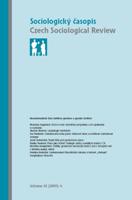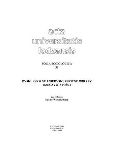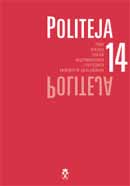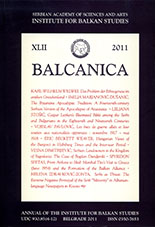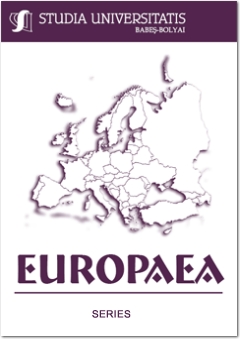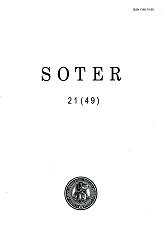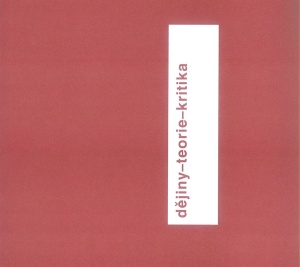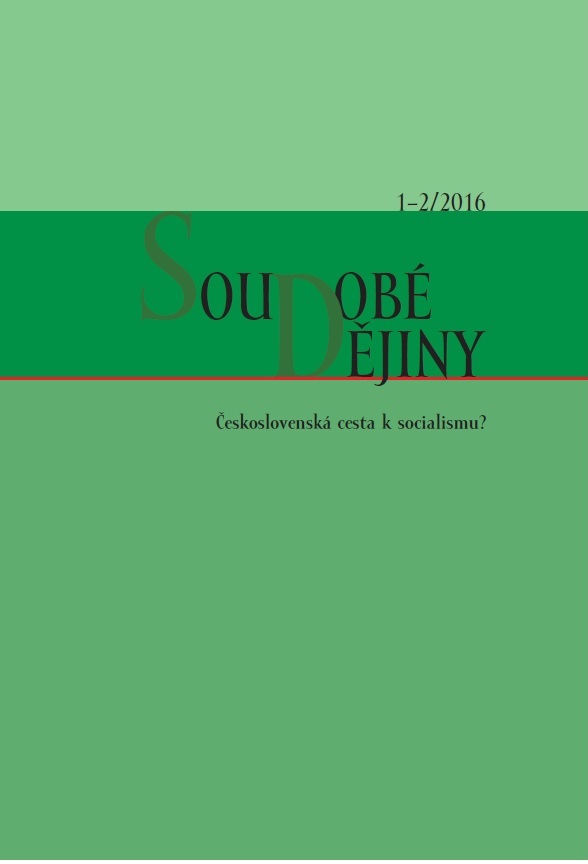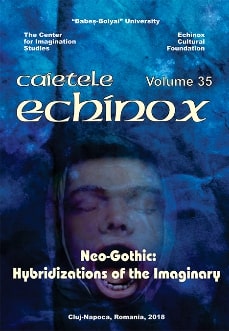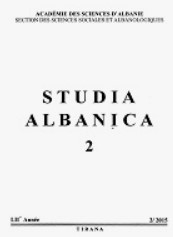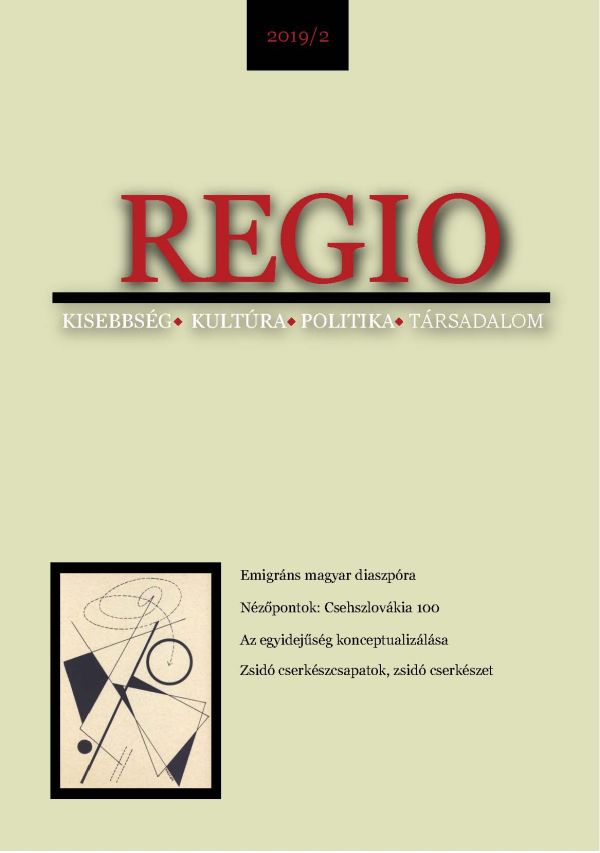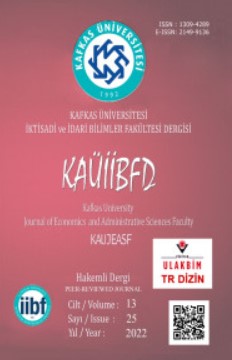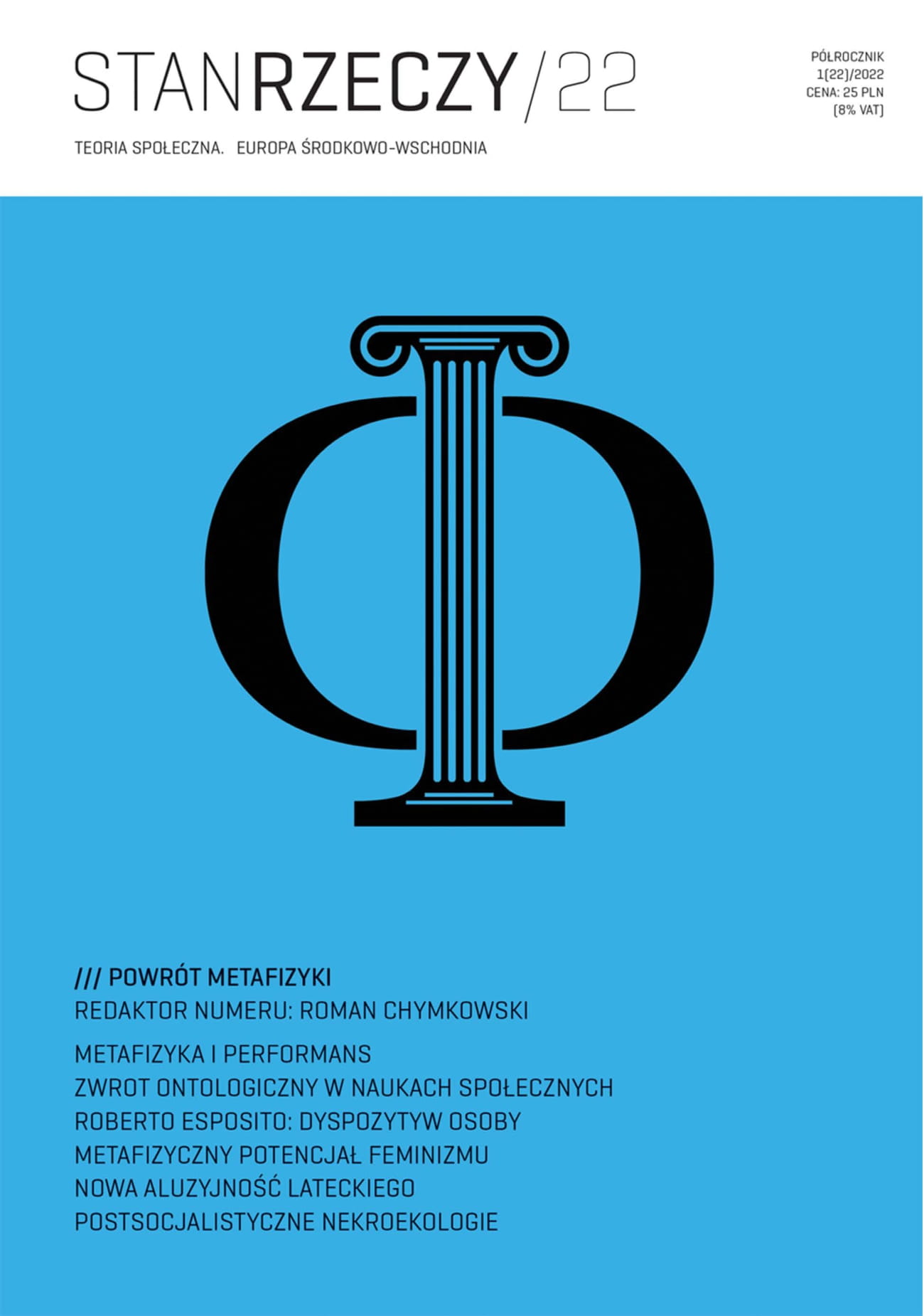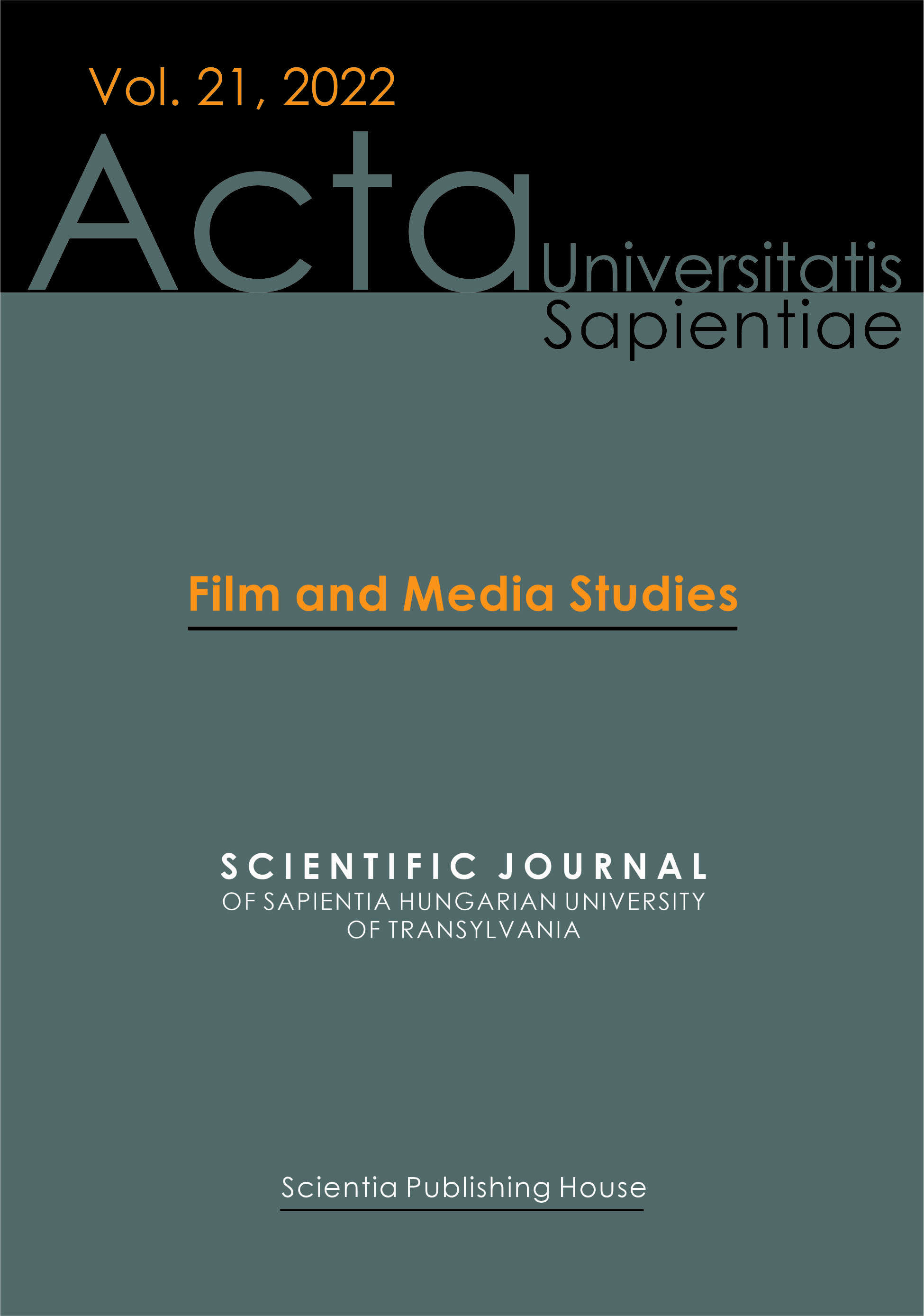Kolik totality zůstalo v „normalizaci“?
Author(s): Karel Hrubý / Language(s): Czech
/ Issue: 1-2/2016
Keywords: totalitarism; normalisation;communism;
This article is the third, and last, in a loosely conceived series by the same author, and printed in Soudobé dějiny, which consider the nature of Communist régimes, particularly in Czechoslovakia. (See Karel Hrubý, ‘Kontinuita nestejného: Sporné závěry z nesporně dobrých analýz Matěje Spurného’ [Continuity between Unlikes: The Doubtful Conclusions of Matěj Spurný’s Undoubtedly Good Analyses], Soudobé dějiny, vol. 20 (2013), no. 4, pp. 628–40, and ibid., ‘Rozpaky nad výkladem komunistické diktatury: Kritické poznámky k projektu “Socialismus jako myšlenkový svět”’ [Baffl ed by an Interpretation of the Communist Dictatorship: Critical Remarks on the ‘Socialism as Sinnwelt’ Project], Soudobé dějiny, vol. 21 (2014), no. 3, pp. 382–404. The author searches for an answer to the question of whether the political and social system launched in Czechoslovakia in late February 1948 maintained its totalitarian nature throughout its existence, or whether, in its later phases, it had already become another type of totalitarianism, or had even developed into a quite different kind of undemocratic or authoritarian régime. The author develops the topic, which is still a matter of dispute, against the background of changing theoretical refl ections on Communist régimes. He fi rst recapitulates the main criticism of ‘revisionist’ historiography regarding the lack of classic models of totalitarianism, and he comments on some of their competing interpretations, pointing out how later versions of the totalitarianism theory problematicized or weakened some of the ‘revisionist’ criticisms, and also how they reacted to the changes that began after Stalin’s death in 1953. By comparing the two main approaches – one that declares that there is such a thing as totalitarianism, the other that rejects such a notion (or at least suggest its revision) –, the author traces the connections between the individual phases that the Communist dictatorship and society passed through in Czechoslovakia from 1948 to 1989. He thus seeks to discover the extent to which the preserved structures and operations of the totalitarian way of ruling (dictatorship) changed or remained the same since the initial period (post-February 1948), and, at the same time, endeavours to discover how, over the decades, political ideas and value systems were preserved or, by contrast, changed in the consciousness of society. Conceptually, the author starts from the defi nition of post-totalitarianism which appears in the later works of the political scientist Juan José Linz, and thus, after the end of Stalinist totalitarianism, he distinguishes in Czechoslovakia the period of early post-totalitarianism, the late 1960s attempt to reform the system, the Husák years of hard-line post-totalitarianism, and the post-totalitarianism of the late 1980s decline. In his opinion, the ‘Normalization’ régime in Czechoslovakia, although weakened and increasingly dysfunctional, maintained many of the totalitarian structures (political, security, economic, social) and practices (of power, ideology, surveillance, and repression) until its collapse, unlike the régimes in Poland and Hungary, where totalitarianism was slowly eroded.
More...
